
OR
Dengue menace is not yet over
Published On: November 3, 2019 07:25 AM NPT By: Republica | @RepublicaNepal
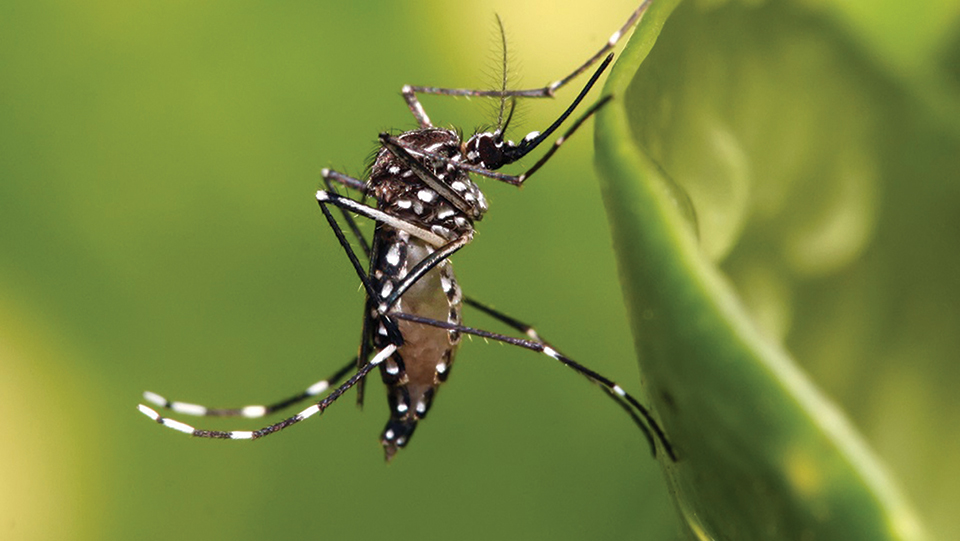
Shukraraj Tropical Hospital receiving over 50 dengue patients a day even in winter
KATHMANDU, Nov 3: Dengue epidemic that caused widespread panic across the country in the last few months is yet to subside, doctors said.
Shukraraj Tropical and Infectious Diseases Hospital (STIDH)—the only national referral hospital dealing with communicable diseases—continues to receive above 50 patients suffering from dengue or having some of the symptoms of dengue each day. This comes in the wake of many believing that the dengue menace is already over with the end of the summer season.
“It is surprising to see above 50 patients coming with dengue infection each day in this season when the epidemic should have ended,” said chief of the Clinical Research Unit at STIDH Dr Sher Bahadur Pun.
Dr Pun said that most of the dengue-infected people visiting the hospital hail from Nayabazar, Kuleshwar, Kalimati, Sanepa, Teku, Balaju and Kalanki areas in the capital. He also suggested people who have not yet suffered from this disease to exercise some precaution.
Aedes aegypti mosquitoe, the carrier of dengue virus, is unlikely to sustain in low temperature. Dr Pun believes the prevalence of dengue during this winter might be due to the spreading of the virus by another type of mosquito called aedys albopyctus, which is also considered to be responsible for dengue infection.
Doctors say this type of mosquitoes can sustain also in low temperature unlike aedes eegypti. Aedes mosquito is also an important vector that spreads zika virus and chikungunya along with dengue.
Doctors at the STIDH said more people are visiting the hospital with symptoms of conjunctivitis and dengue infection, which are prominent symptoms of zika.
“But it is too early reach to any conclusion without proper research and gathering relevant evidences,” Dr Pun further said.
Concerned officials said Nepal doesn’t have the capacity to carry out tests for zika virus yet. Despite being warned as a high risk country for zika outbreak along with dengue earlier by the World Health Organization (WHO), Nepal has not conducted any substantial tests and research to confirm the presence of zika virus.
In 2018, bordering country India confirmed several cases of zika virus. The fact that migration and climate change have been additionally playing a role in spreading diseases could expose Nepal to the risk of zika virus, doctors say.
Although a large number of people continue visiting the STIDH in Kathmandu for the treatment of dengue, Dr Anup Bastola, who is the chief consultant at the government-run hospital, says there is no need to panic much.
“We observed the same amount of patients during Chhath last year too, the situation should improve after two more weeks,” he said. “We can already see a sharp decline in number of patients down to 50 from 800 patients a day. This means that the condition is improving.”
You May Like This
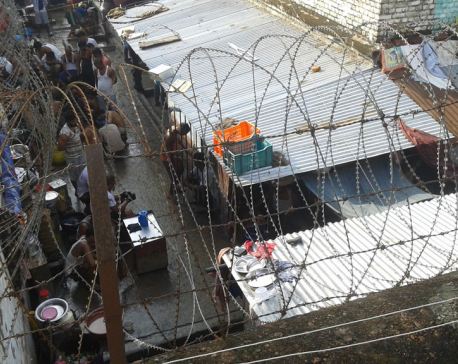
Communicable disease a real hazard for jail inmates: Home ministry report
KATHMANDU, Nov 7: With prisons across the country seeing a steady rise in the number of inmates, communicable diseases have... Read More...
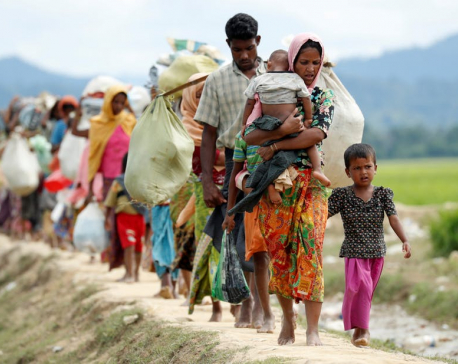
Refugees and migrants more prone to antibiotic-resistant illnesses, have lower cancer risk, WHO finds
A new World Health Organization study of refugee and migrant flows in Europe found that these groups have a lower risk of... Read More...
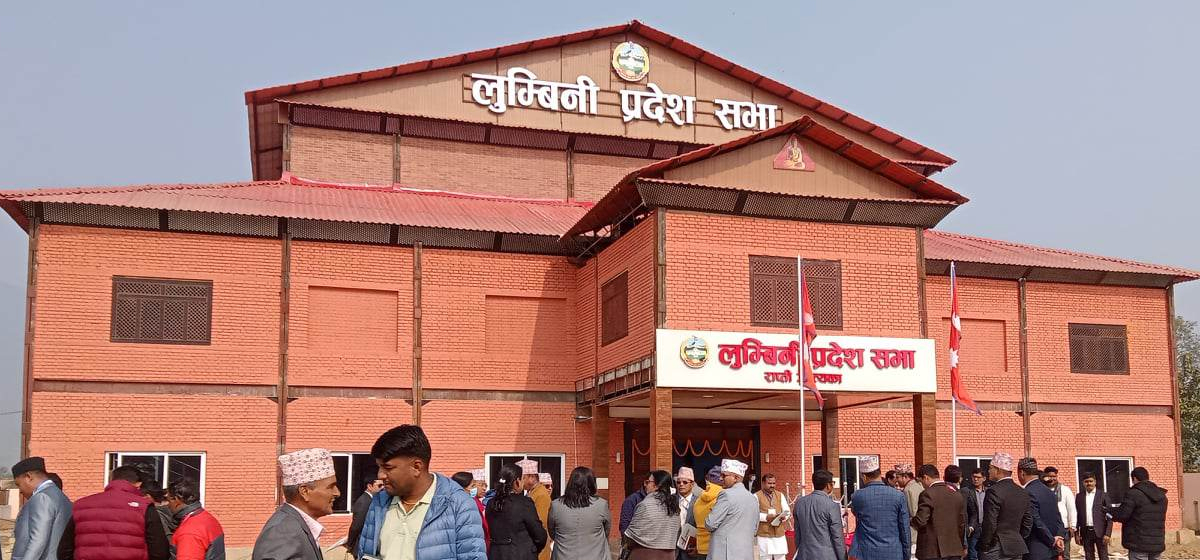


Just In
- Rautahat traders call for extended night market hours amid summer heat
- Resignation of JSP minister rejected in Lumbini province
- Russia warns NATO nuclear facilities in Poland could become military target
- 16th Five Year Plan: Govt unveils 40 goals for prosperity (with full list)
- SC hearing on fake Bhutanese refugees case involving ex-deputy PM Rayamajhi today
- Clash erupts between police and agitating locals in Dhanusha, nine tear gas shells fired
- Abducted Mishra rescued after eight hours, six arrested
- Forest fire destroys 13 houses in Khotang











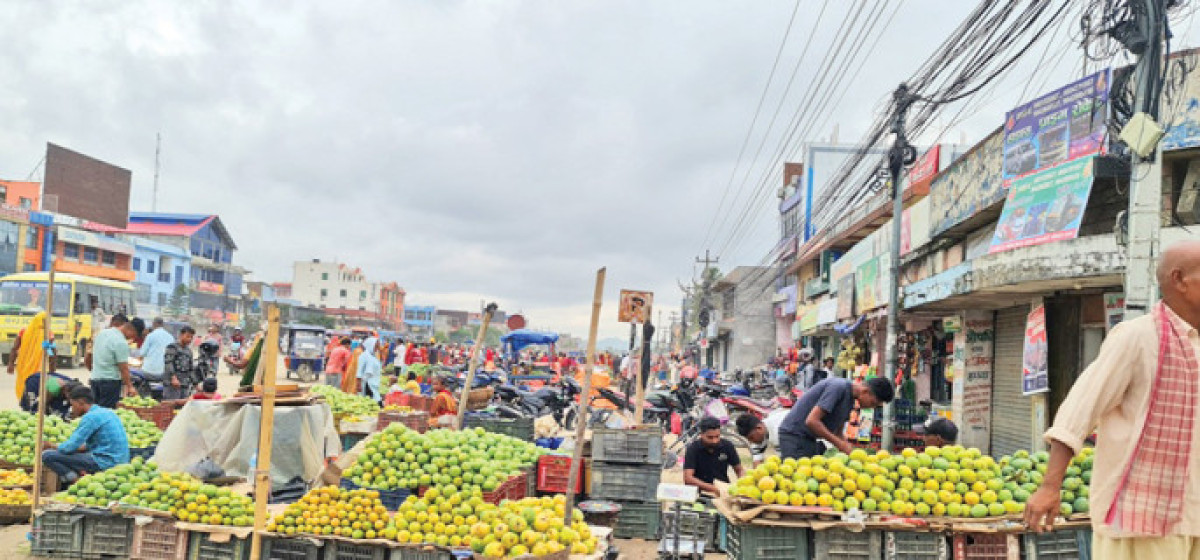



Leave A Comment